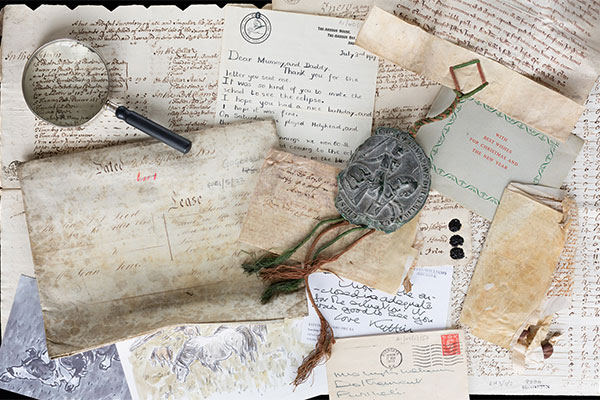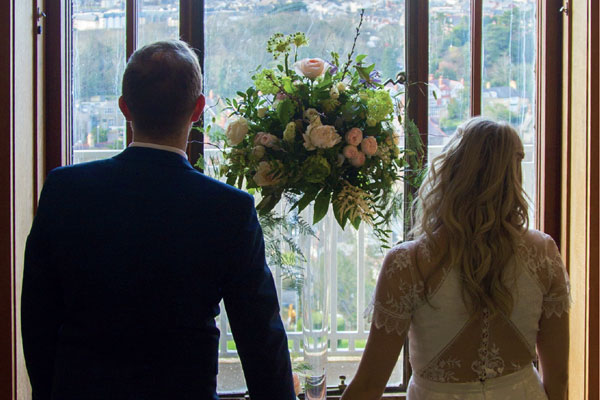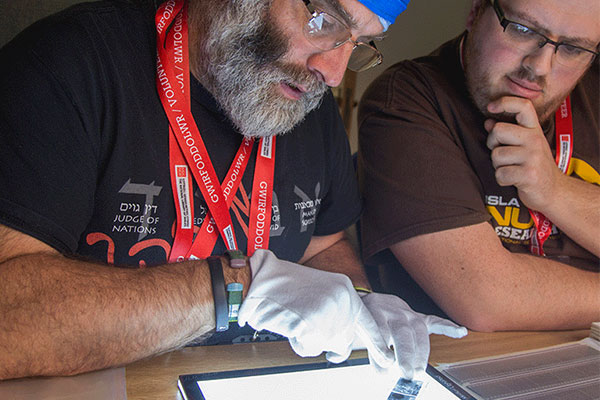The Welsh Women's Peace Petition project, which celebrates a 100-year-old petition containing almost 400,000 signatures of people claiming world peace, has reached another milestone. Following a period of cataloguing the petitions, the detailed work of digitising each page has been completed, and the entire petition is now on the National Library of Wales website.

More transcribers needed to reach the target
But this is not the end of the journey. The next important step is to continue with a national campaign to attract more people to join in the task of transcribing the names of the signatories.
Having a transcript of the petition will mean that everyone can search for the names of their houses and streets, but more importantly, the women who signed this remarkable petition.
A group of volunteers have already been working tirelessly on the job of transcribing the 390,296 signatures.
But we now need the help of more people to increase the number of volunteers in order to speed up the process and reach the goal of transcribing every single signature.
How to get involved in transcribing
If you are interested in being part of the transcription process, go and register on the Library’s Torf website.
But how to go about transcribing? There are many ways to get help with information on the website, question asking groups on Zoom, and a lively Facebook group with almost 500 members supporting each other.
Many fascinating stories of individuals who signed have already emerged, and as part of the work of the Women’s Peace Petition project we would like to collect these to share with others – if you have found a relative, a familiar name or location, we would love to commemorate this. Visit peacepetition.Wales/Stories to find out how, or to find step-by-step instructions for using the catalogue and the petition viewer in your research.
Category: Article





